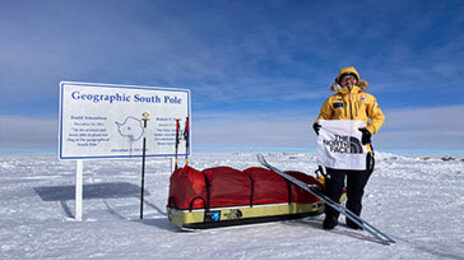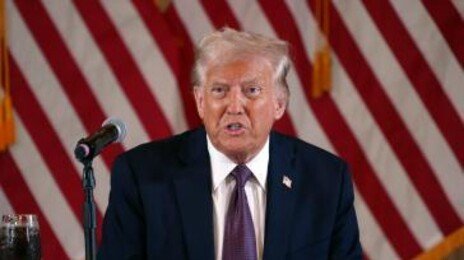Ambassador Kathleen Stephens
On September 22, U.S. President Barack Obama will speak to world leaders on climate change during a special U.N. summit in New York on the eve of the 64th session of the U.N. General Assembly.
The nations of the world are working hard right now to negotiate a new international agreement to combat climate change.
Climate change is one of the greatest challenges facing our world today. Already its impacts are apparent and consequences severe. Arctic sea ice is disappearing faster than expected. Sea levels threaten to rise higher than previously anticipated. And water supplies are increasingly at risk from both melting glaciers and extreme climate events, such as droughts and floods. These changes threaten not only the environment, but also security and stability.
The science sends a simple and stark message: all countries must work together to combat climate change, and the time for action is now.
President Obama recognizes that the United States must be a leader in the global effort to combat climate change. We have a responsibility as the world's largest historic emitter of greenhouse gases. We know that without U.S. emissions reductions no solution to climate change is possible, so the U.S. will take the lead in building a 21st century clean energy economy.
When it comes to climate change, President Obama is taking the U.S. in a new direction. The President called on the U.S. Congress to develop comprehensive clean energy legislation to cut emissions 14 percent from 2005 levels and 83 percent in 2050. A bill has passed the House of Representatives and is making its way through Congress. The President's economic stimulus package includes over $80 billion for clean energy. And recently instituted vehicle standards will increase fuel economy and reduce emissions.
But action by the U.S. and other developed nations is not enough. To preserve a safe and livable planet, all major emitting nations have to join together to take strong action. There is no other way to contain climate change ― the International Energy Agency estimates 97 percent of future emissions growth will come from the developing world.
The U.S. is pursuing a global strategy to combat climate change through the United Nations Framework Convention on Climate Change (UNFCCC) negotiating process, the Major Economies Forum on Energy and Climate and key bilateral relationships. U.S. Secretary of State Hillary Clinton and other high-level U.S. officials have traveled to several major developing nations to deepen the climate dialogue and explore opportunities for progress. Many of these countries have already taken steps to address climate change; yet they will need to do much more.
To achieve a strong international agreement and meet the climate challenge all countries must be fully engaged. Developed countries need to reduce their emissions substantially by 2020 on an absolute basis, compared to a 2005 or 1990 baseline. Major developing nations must take actions that will substantially reduce their emissions by 2020 on a relative basis, compared to their so-called "business as usual" path. Other developing countries should focus on preparing low-carbon growth plans with financial and technical assistance where needed to guide their longer-term development path.
Ultimately, a climate change agreement must be must be about not only limiting carbon emissions but about providing a safe pathway for sustainable development. Clean energy development is the only sustainable way forward. To facilitate this path, countries with advanced capabilities must stand ready to develop and disseminate technologies to countries in need.
If we work together, the effort to build a clean energy global economy can provide significant economic opportunity, driving investment, economic growth and job creation around the world. And it can be a means to bring energy services to hundreds of millions of the world's poor. With the right support, developing countries can leapfrog dirty phases of development to low-carbon technologies and clean energy opportunities.
In this context, the U.S. welcomes the vision and leadership demonstrated by the Government of the Republic of Koreain combating climate change. Classified as a developing country under the Kyoto Protocol, but with the world's 14th largest economy, the Republic of Korea in August set out options for domestically binding mid-term emissions reductions targets the first developing country under Kyoto to do so. It is actively pursuing research and development of new and renewable energy technologies, and it is a key partner with the United States in the Major Economies Forum on Energy and Climate.
The U.S. is clear in its intent to secure a strong international agreement, and I am confident that together we can meet the climate change challenge.
-
- ???
- 0?
-
- ???
- 0?
-
- ???
- 0?
![[????]???, ??? ???](https://dimg.donga.com/a/180/101/95/2/wps/NEWS/IMAGE/2010/01/13/25376414.2.jpg)





?? 0